+91 92050-84085
Mon-Sat 9am-7pm

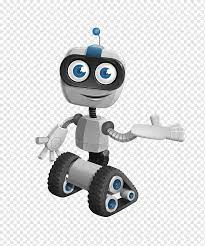
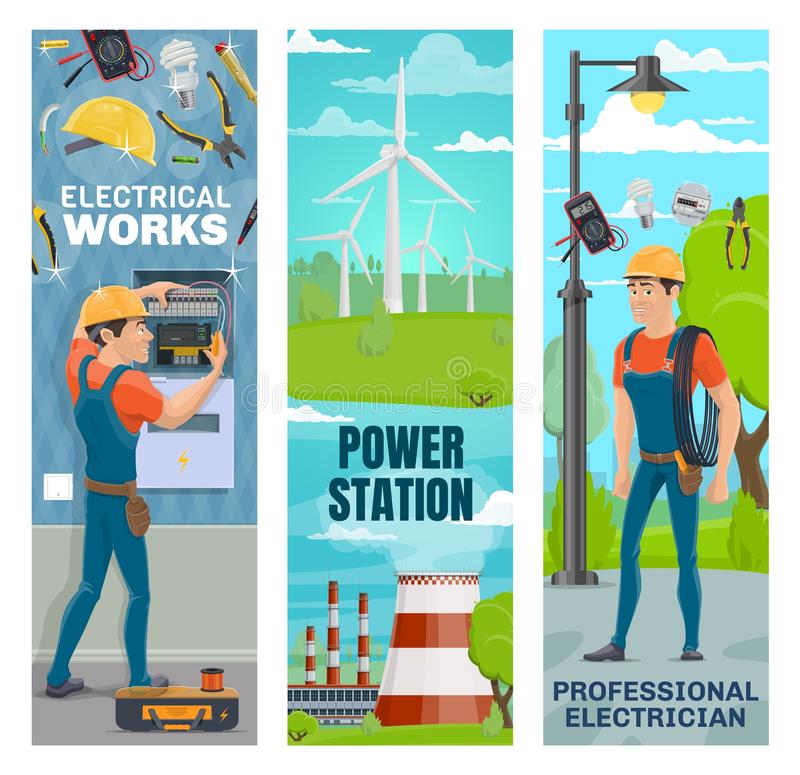





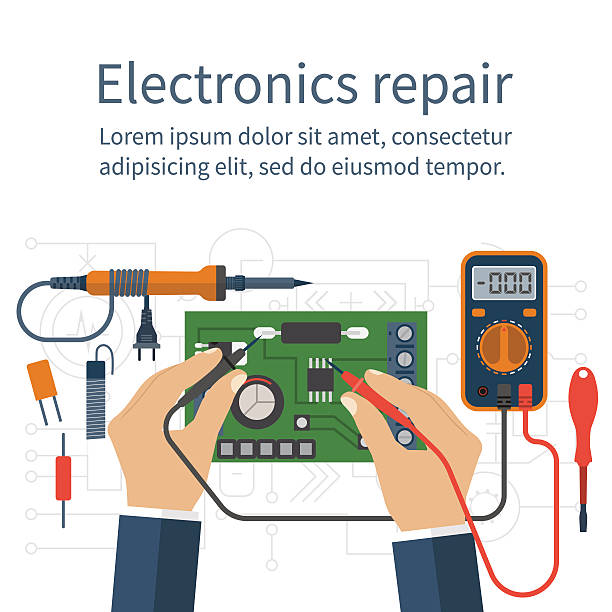
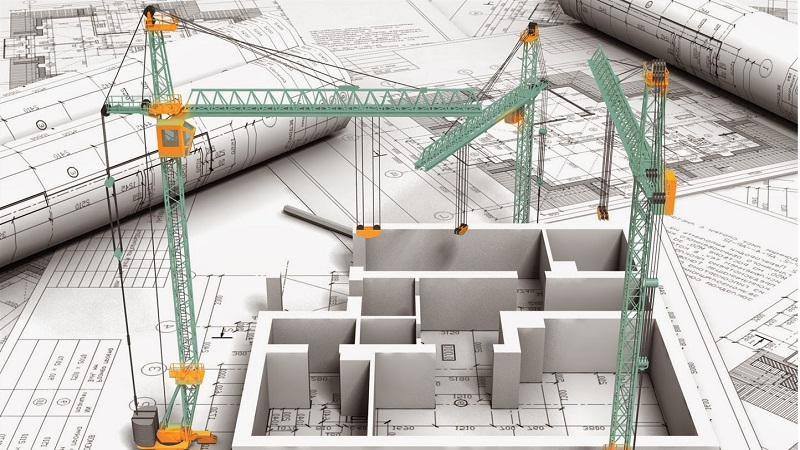
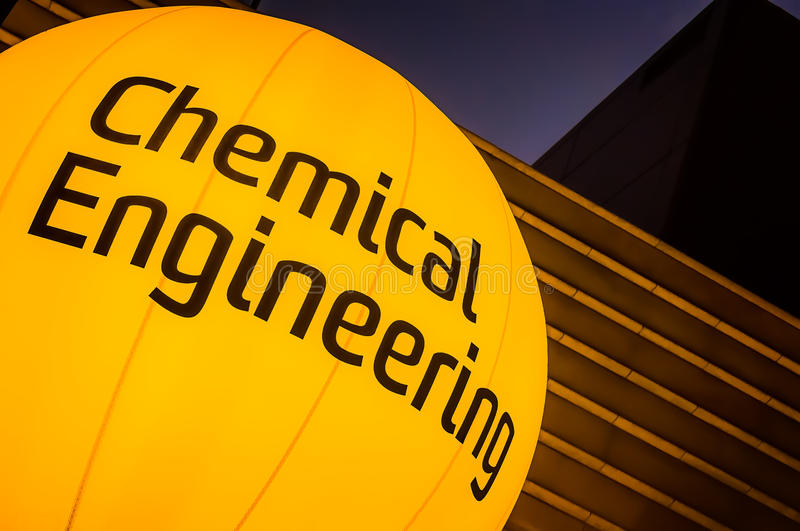
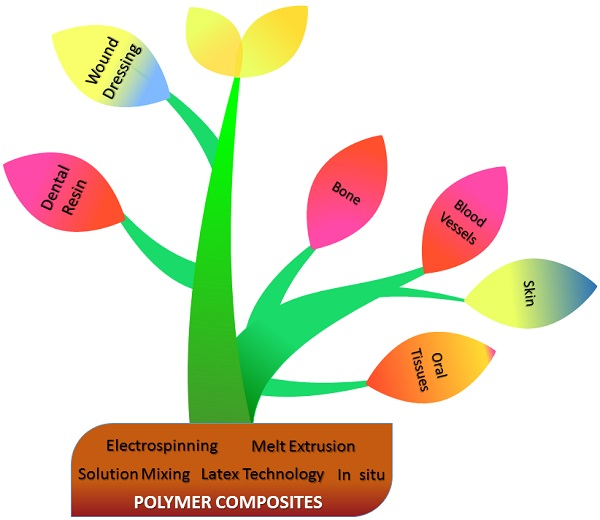

Engineers specialize in different branches of engineering e.g. Mechanical, Electrical, Electronics, Chemical, Biomedical, etc. They work in designing, planning large structures, maintenance, production, or testing of machines and equipment used in different sectors. Many engineers study management where their engineering background facilitates the marketing process and installation planning of engineering goods.

Engineers and ethicists participated in a workshop to discuss the responsible development of new technologies. Presenters examined four areas of engineering--sustainability, nanotechnology, neurotechnology, and energy--in terms of the ethical issues they present to engineers in particular and society as a whole. Approaches to ethical issues include: analyzing the factual, conceptual, application, and moral aspects of an issue; evaluating the risks and responsibilities of a particular course of action; and using theories of ethics or codes of ethics developed by engineering societies as a basis for decision making. Ethics can be built into the education of engineering students and professionals, either as an aspect of courses already being taught or as a component of engineering projects to be examined along with research findings. Engineering practice workshops can also be effective, particularly when they include discussions with experienced engineers. This volume includes papers on all of these topics by experts in many fields. The consensus among workshop participants is that material on ethics should be an ongoing part of engineering education and engineering practice.
Path 1:
Path 2:
Path 3:
Path 4:
Path 5:
Path 6:
JEE( Joint Entrance Examination) selects students for admission to various engineering colleges in India. There are 2 different exams JEE Main and JEE Advanced. JEE Main is conducted by CBSE while JEE-Advanced is conducted by different IITs as decided on a rotation basis.
JEE-Mains selects students for admission to BE or B.Tech courses, Integrated MSc’s, B.Arch/B.Planning courses in the NITs, IIITs, and all GFTIs (Government – Center & State Funded Technical Institutes).
JEE-Advanced Students qualifying JEE Mains through the prescribed cut-off marks are eligible to appear for JEE Advanced.
JEE Advanced score is required for admission into the IITs (Indian Institute of Technology), ISM-Dhanbad, Indian Institute of Science (IISC), Rajiv Gandhi Institute of Petroleum Technology, and the Indian Institute of Science Education and Research (IISER).
JEE Main Exam Pattern- There are 2 papers
Paper 1-Engineering Entrance Exam for B.Tech/B.E.( 3 hrs objective test on PCM of Class XII level) The test has negative marking. The exam can be taken as a paper-pencil test or online.
Paper 2-Architecture Entrance exam for B. Arch/ B.Planning. This is a 3 hr paper and has 3 parts. 1-Objective test PCM, 2-Aptitude Test, 3-Drawing test
Eligibility Criteria:
Many open universities offer distance learning courses for diploma holders
Eligibility:
Note: The Centre is proposing to introduce a common entrance test for admission to engineering colleges across the country from 2018.
Where to study?

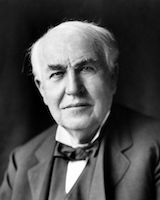
Call us at +91 9205084085, Monday - Friday, 9 am - 7 pm


